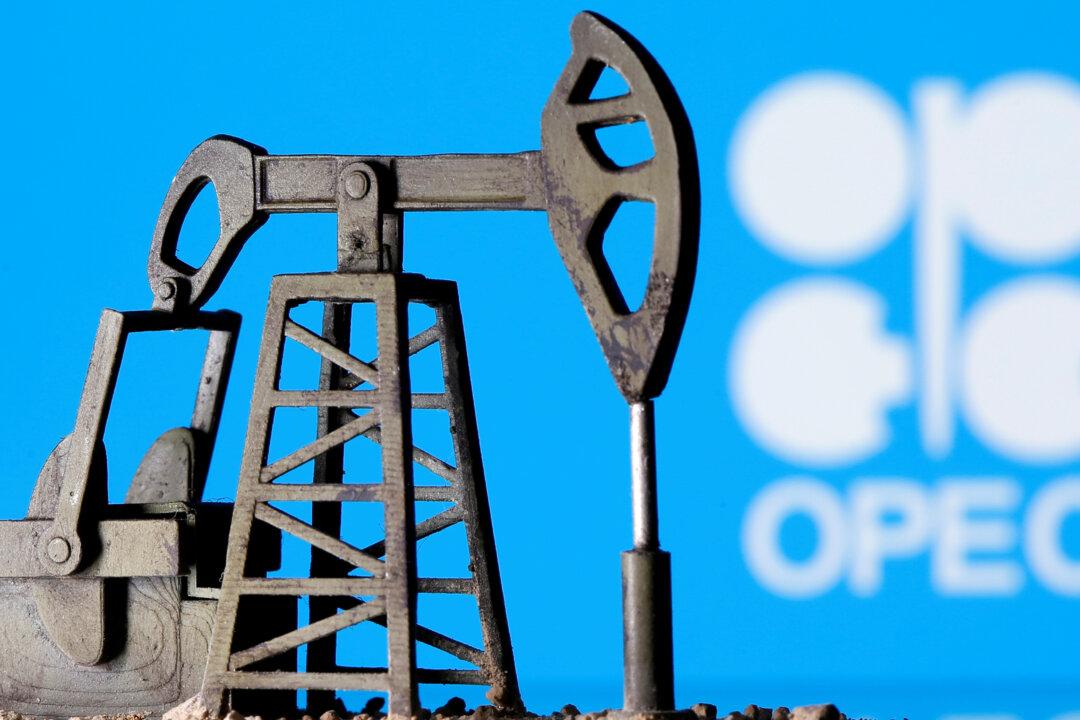Oil-producing countries allied under the OPEC+ banner have agreed to pump more oil in July and August, accommodating months of requests by the United States and others to boost production to cool soaring crude prices that have fed into a cost-of-living crisis amid sky-high inflation.
The cartel said in a June 2 statement that it had agreed to boost crude output by 648,000 barrels per day (bpd) in July and a similar amount in August. That’s 216,000 bpd higher than its initial production schedule, which aimed to add 432,000 bpd each month to overall OPEC+ output over three months until September.





